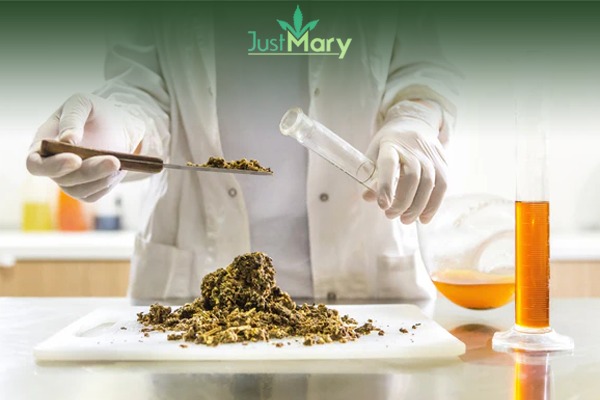
THC, the primary psychoactive compound in cannabis, can remain in the body for varying durations depending on several factors. One of the most common ways to detect THC in the system is through a THC urine test. This method is widely used because it is non-invasive, cost-effective, and capable of identifying THC metabolites that linger in the body even after the psychoactive effects have worn off.
When discussing quanto rimane il THC nelle urine, it is important to understand that individual differences play a significant role. Factors such as the frequency of cannabis use, body metabolism, hydration levels, and overall health can all influence the duration THC metabolites are detectable in urine. Occasional users may eliminate THC metabolites more quickly, while regular or heavy users might take longer due to the buildup in fatty tissues.
THC in urine is often a concern for those subject to drug tests for professional, legal, or athletic purposes. A positive THC urine test result typically indicates recent cannabis use, but it does not necessarily correlate with impairment. Understanding this distinction is crucial, especially in contexts where cannabis consumption is legal or prescribed for medical reasons.
On a different note, the effects of poppers, a common recreational substance, are often discussed alongside cannabis due to overlapping social use. While distinct in their effects and detection, both substances raise questions about their implications on health, behavior, and testing protocols.
Public figures like Fabrizio Corona Pipps have brought attention to lifestyle choices, substance use, and societal perceptions. Such discussions often highlight the importance of informed decision-making and awareness of consequences, particularly concerning health and legal matters.
Ultimately, awareness of how substances like THC are processed in the body and the implications of detection can empower individuals to make choices that align with their personal and professional goals.